Find out more about The Open University's Environment courses.
The 3rd of March is Africa Environment Day, also known as Wangari Maathai day in tribute to the late environmentalist and first female African Nobel Peace Prize winner. It should be celebrated and promoted, not only to increase awareness of the stunning African environment, which is increasingly under threat, but also to celebrate the people who tirelessly give their lives to protect it. One such person was Sebastian Chuwa.
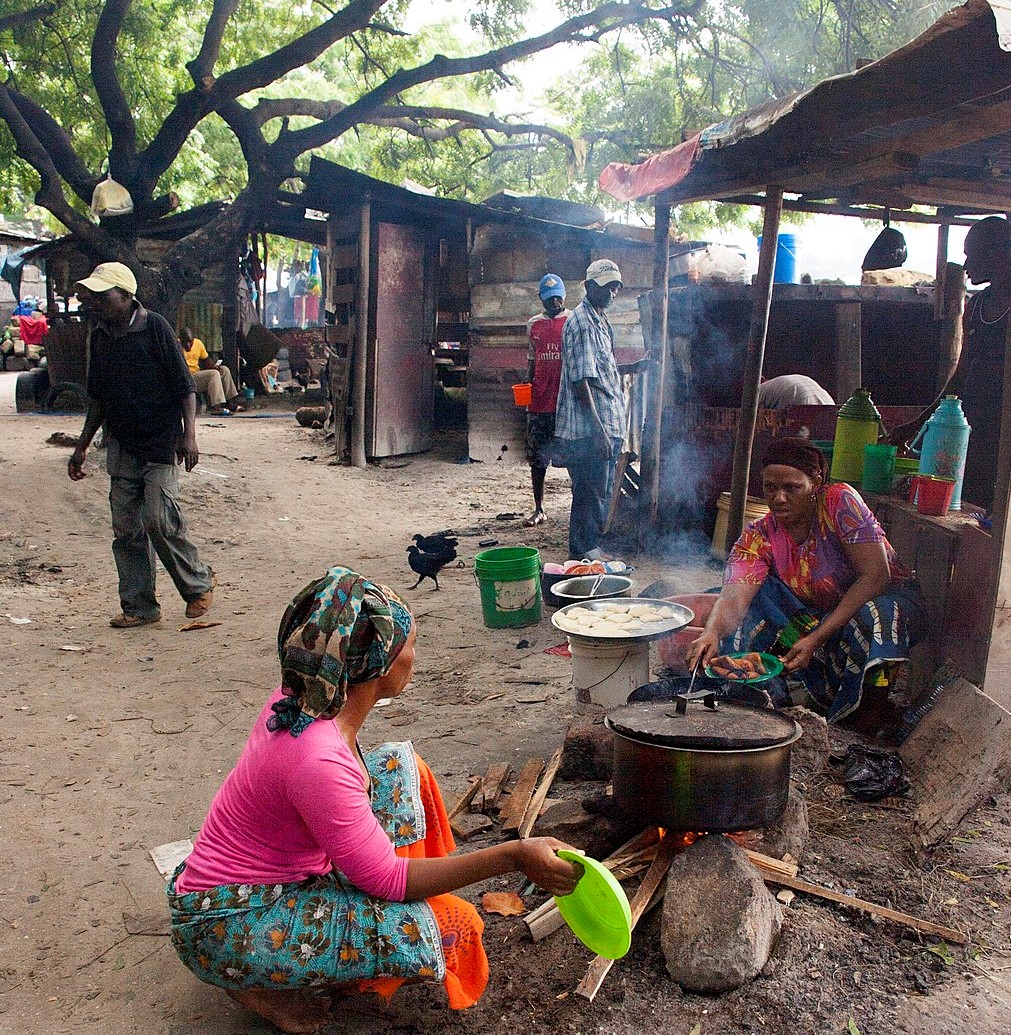 A food stall at a local food market in Tanzania
A food stall at a local food market in Tanzania
Sebastian was a remarkable botanist and conservationist with the most infectious smile you will ever see. I met Sebastian in 1997 while I was teaching in a secondary school in Kilimanjaro, living with his cousin and their family. Sebastian and his wife Elizabeth lived a few villages away, so we didn’t see them that often, but they attended family events when they could. One day, I was invited to his house to tea, but getting there was easier said than done. Kilimanjaro villages are long and thin, positioned on the ridges between the rivers that drain the huge volcano. Roads are also confined by the topography, so there are no buses around the volcano, only down, and so we had to walk – but what a walk! The landscape is perennially green. The vegetation in this area of Kilimanjaro is comprised of small shamba farms, owned by families who grow food to eat, such as bananas and sweet potatoes, as well as coffee to sell for income. Walking through banana plantations provided relief from the hot sun while we walked down into the next valley, over the stream, up the ridge, and repeat, perhaps three times before we reached his village.
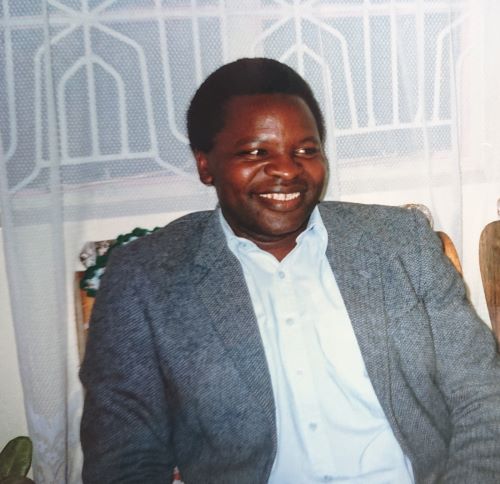 Sebastian Chuwa. Image: courtesy of the author who took the photo herself in1997.Entering his garden was like discovering a different world. Everyone else has a yard, a cow shed if they’re lucky, but not much more in the way of a garden. Sebastian’s was completely different. It was a beautiful garden with paths weaving between flower beds full of native and non-native plants, each with the lid of a margarine pot hanging from it with the English, Swahili, Kichaga (the language of the Chaga people who live on Kilimanjaro), and scientific name written on it. It may seem strange, but that vision of something so organised, beautiful and yet unusual (for the area, and the image of the margarine lids) has stuck with me for nearly 30 years.
Sebastian Chuwa. Image: courtesy of the author who took the photo herself in1997.Entering his garden was like discovering a different world. Everyone else has a yard, a cow shed if they’re lucky, but not much more in the way of a garden. Sebastian’s was completely different. It was a beautiful garden with paths weaving between flower beds full of native and non-native plants, each with the lid of a margarine pot hanging from it with the English, Swahili, Kichaga (the language of the Chaga people who live on Kilimanjaro), and scientific name written on it. It may seem strange, but that vision of something so organised, beautiful and yet unusual (for the area, and the image of the margarine lids) has stuck with me for nearly 30 years.
Sebastian had gained his love of plants from his father, who was a herbalist. He chose to share the ‘family secrets’ so everyone could benefit. That was the kind of man Sebastian was – always thinking of ways that he could benefit the people of Tanzania by disseminating his knowledge, setting up education schemes and sharing best practice. I was lucky enough to see him presented with a Rolex Award in 2002. He came to London and was kind enough to invite me along. I’m not sure that I realised even then what a powerhouse he was in conservation, although he had told me about his friendship with the primatologist Jane Goodall. It wasn’t until after his untimely death that this wonderful article was written about him, and I urge you to find the time to read more about the remarkable man that was Sebastian Chuwa.
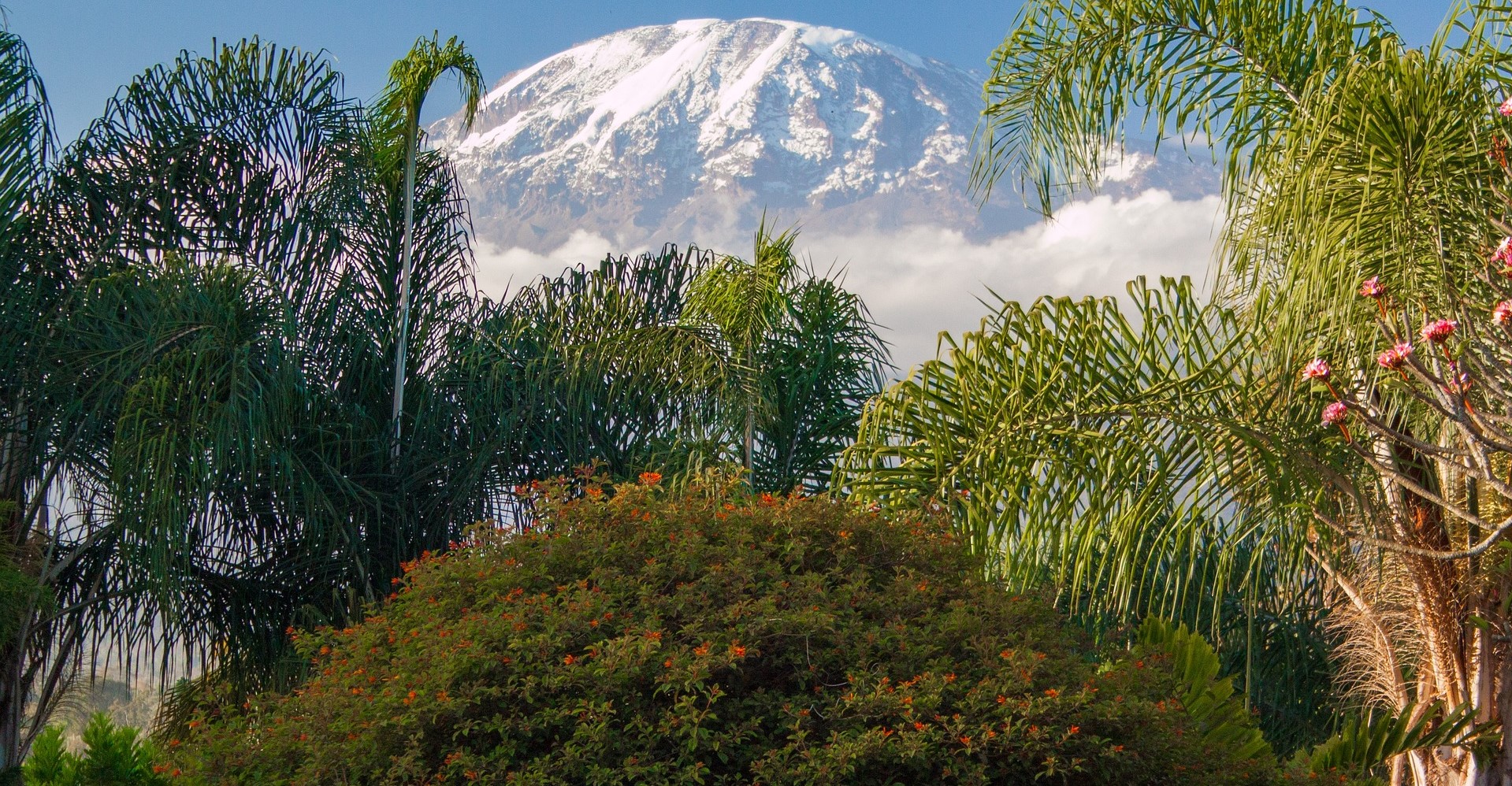
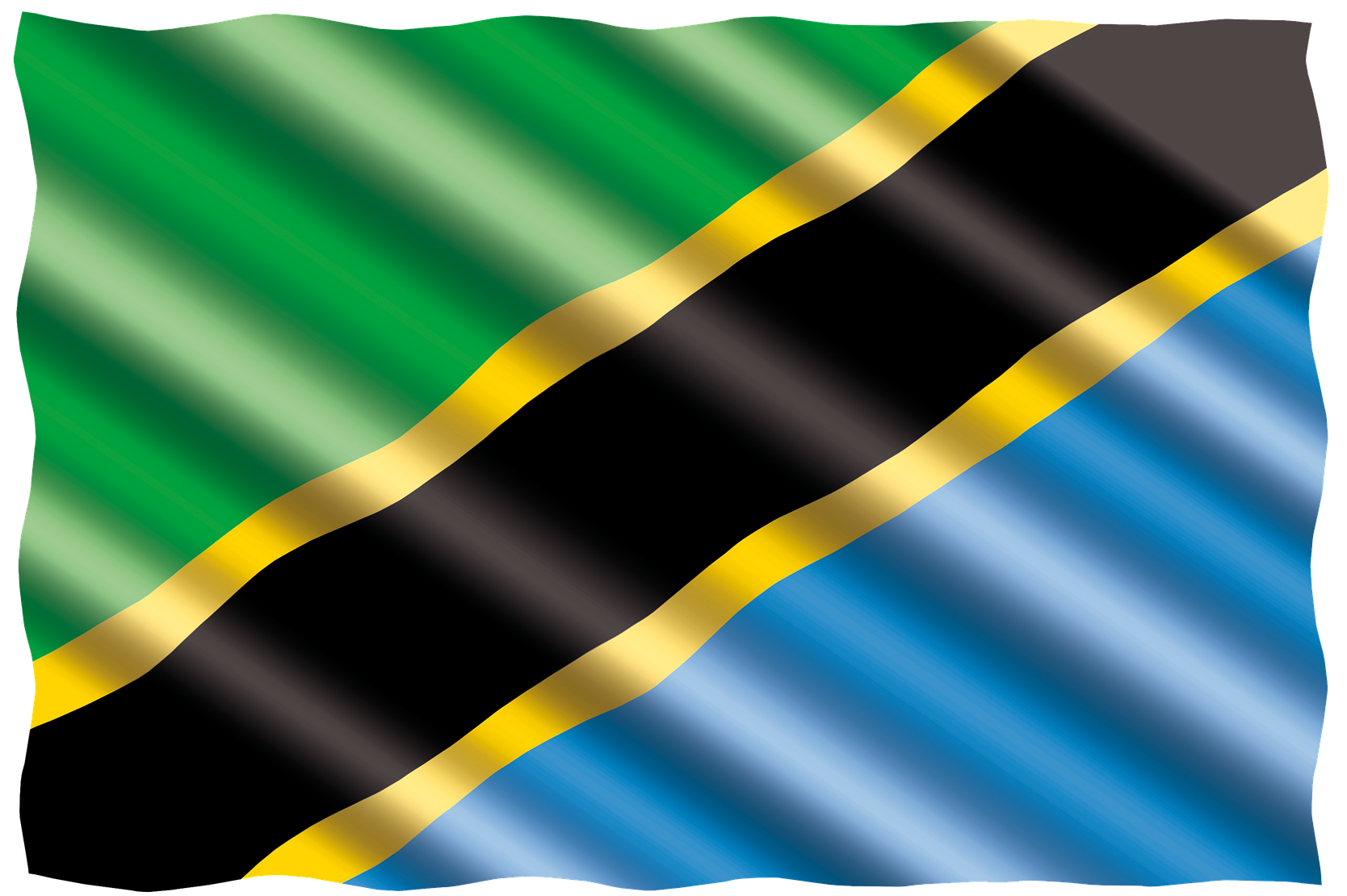
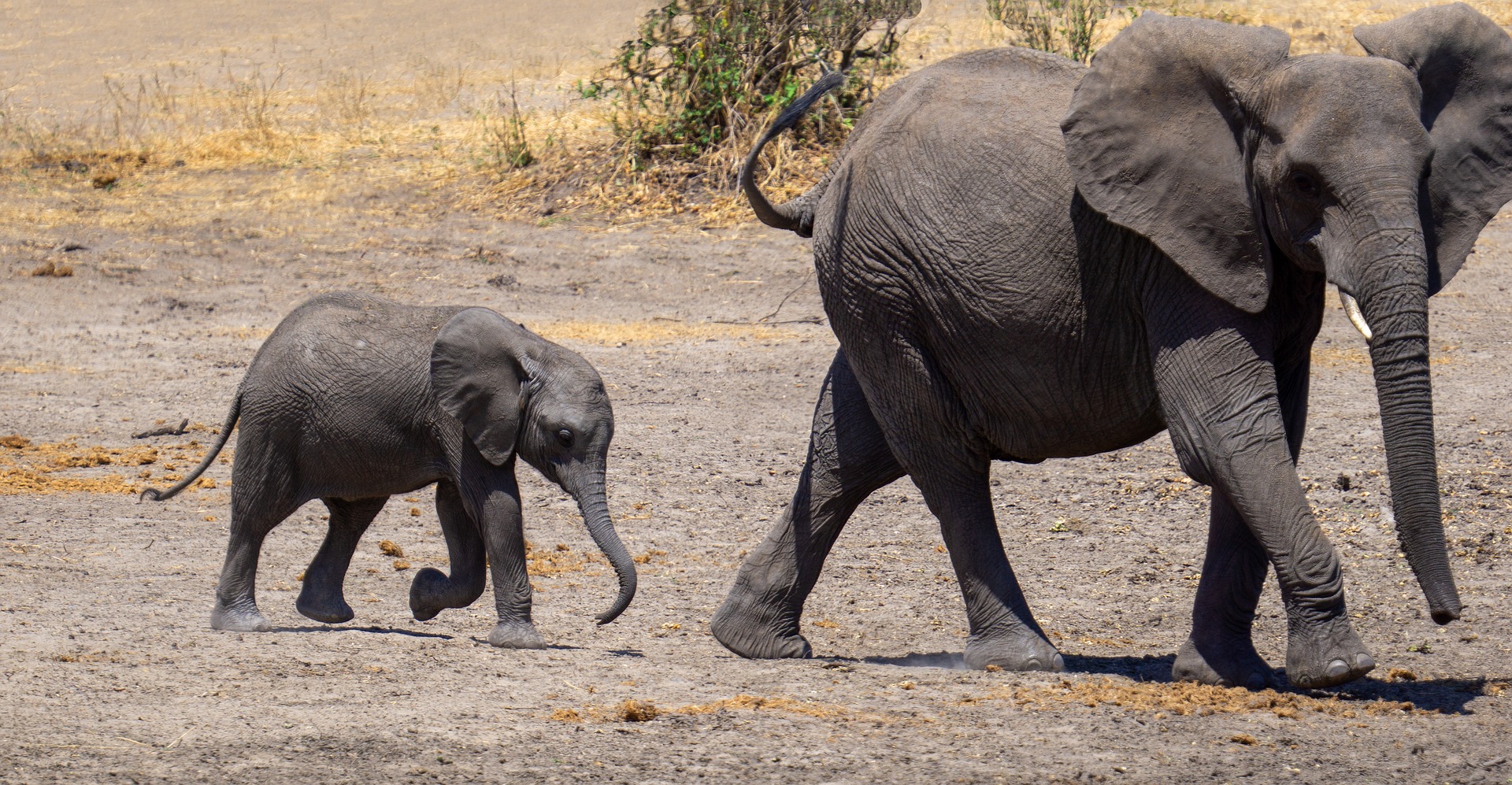
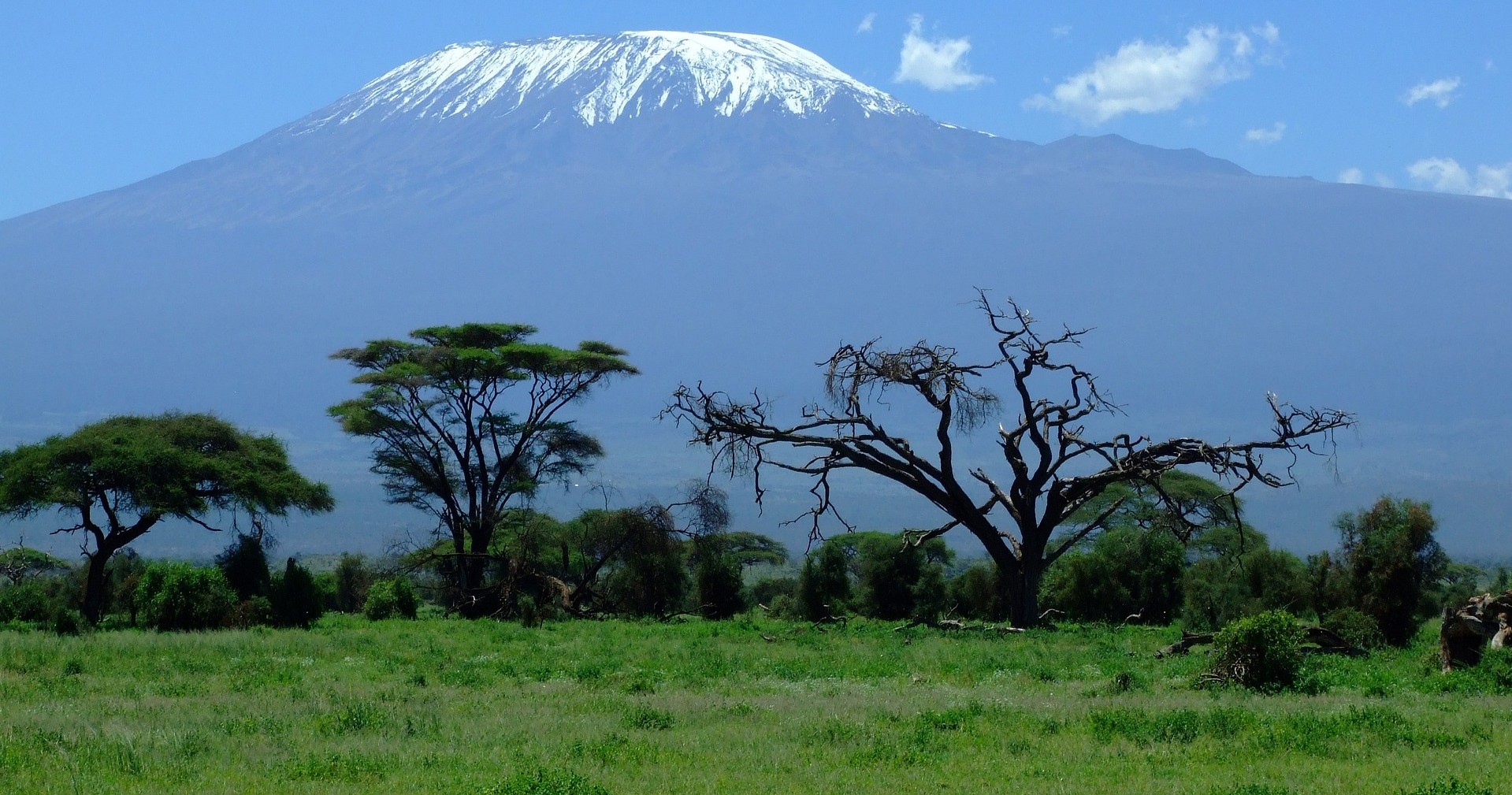
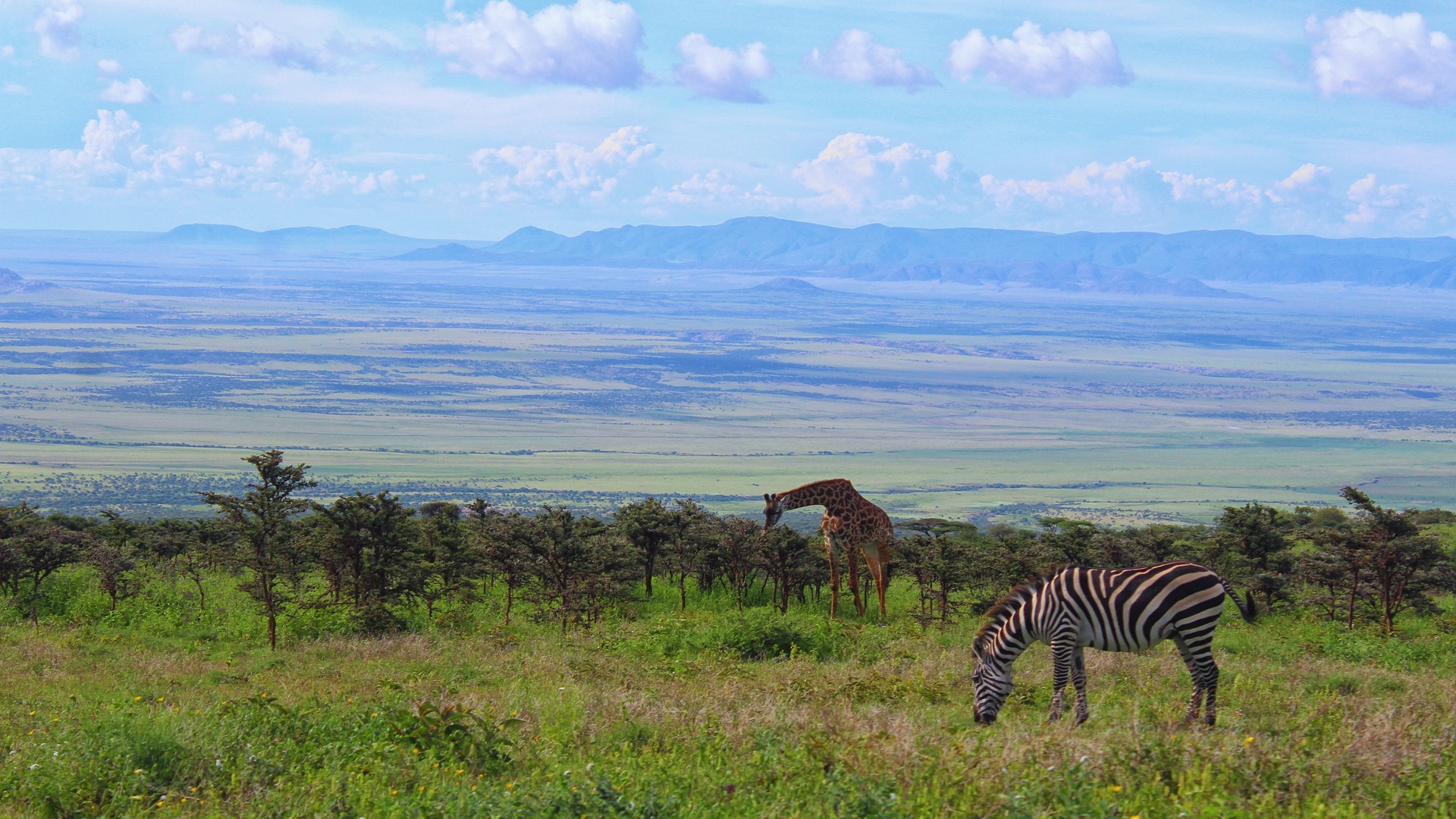
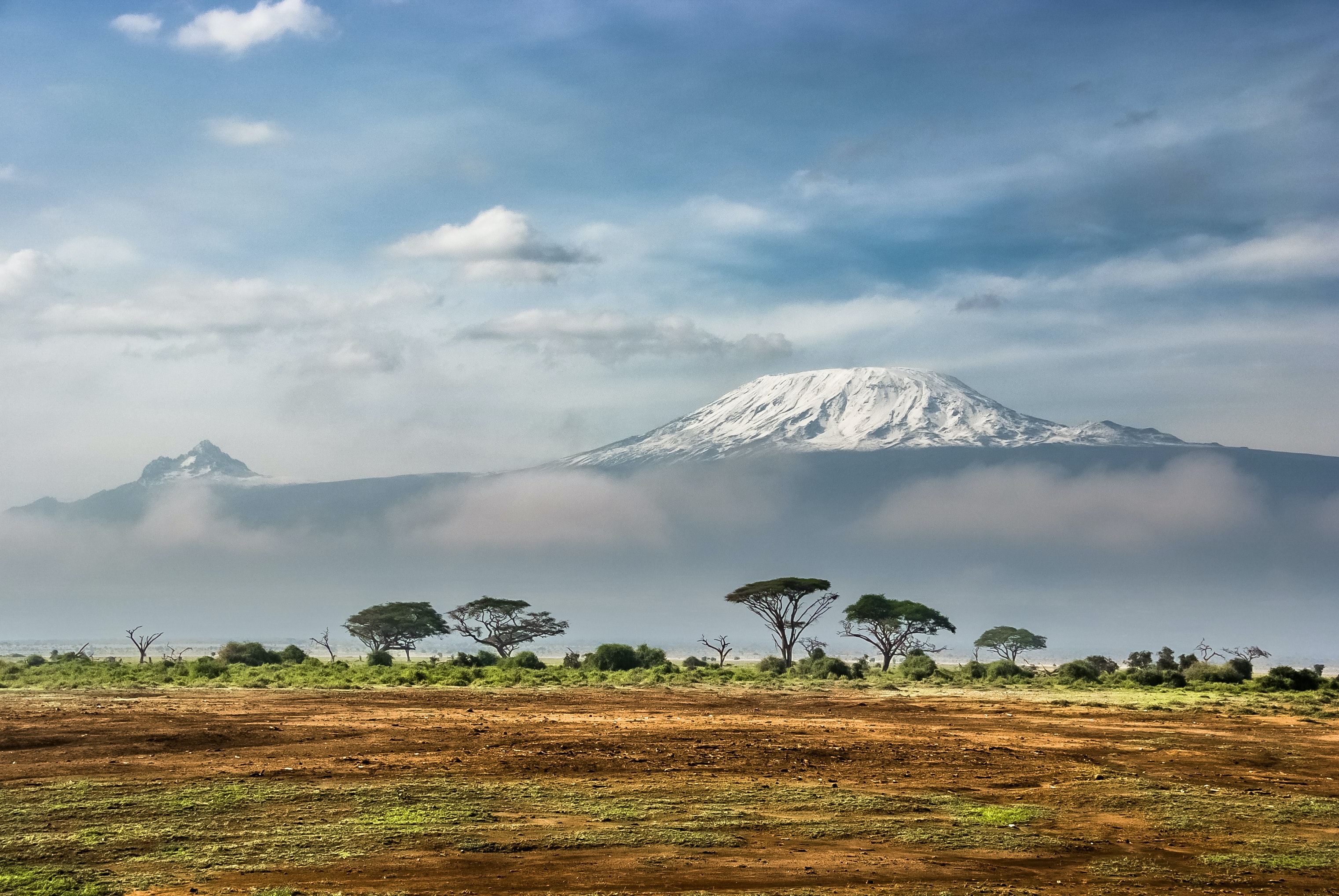
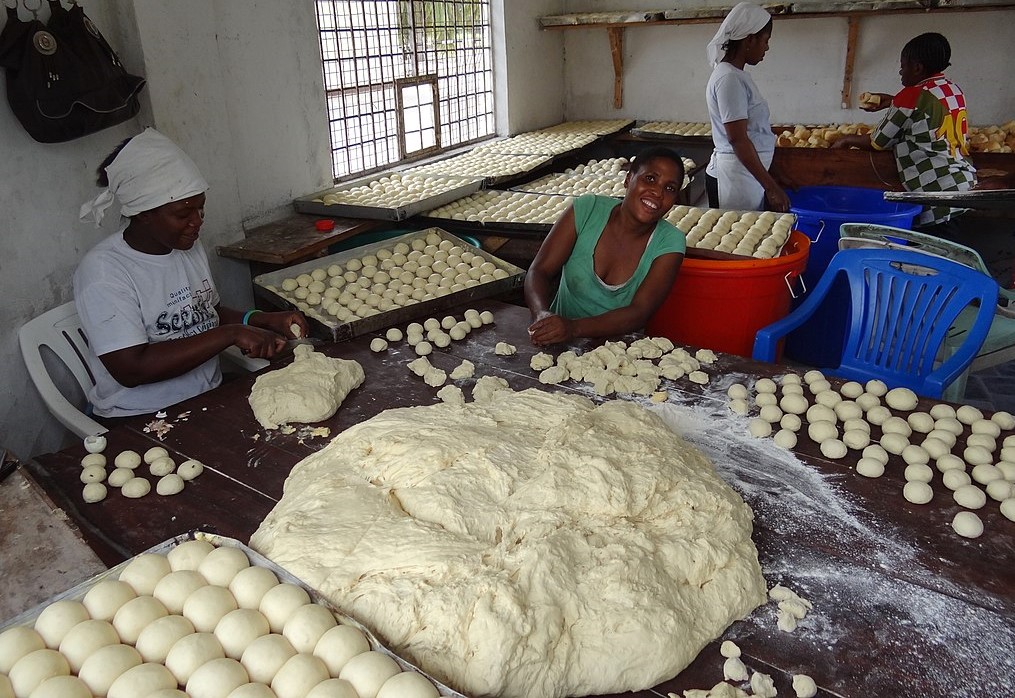
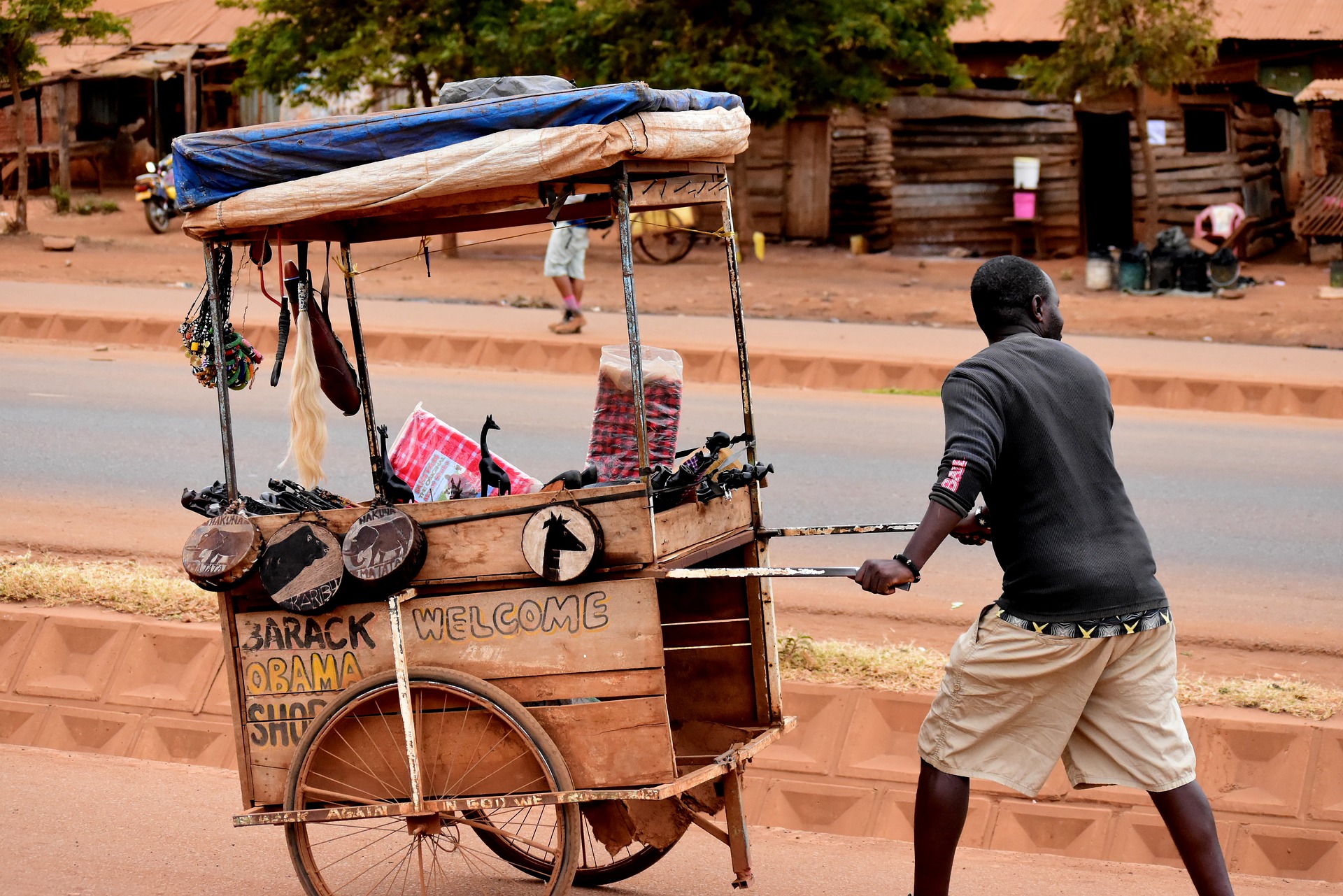
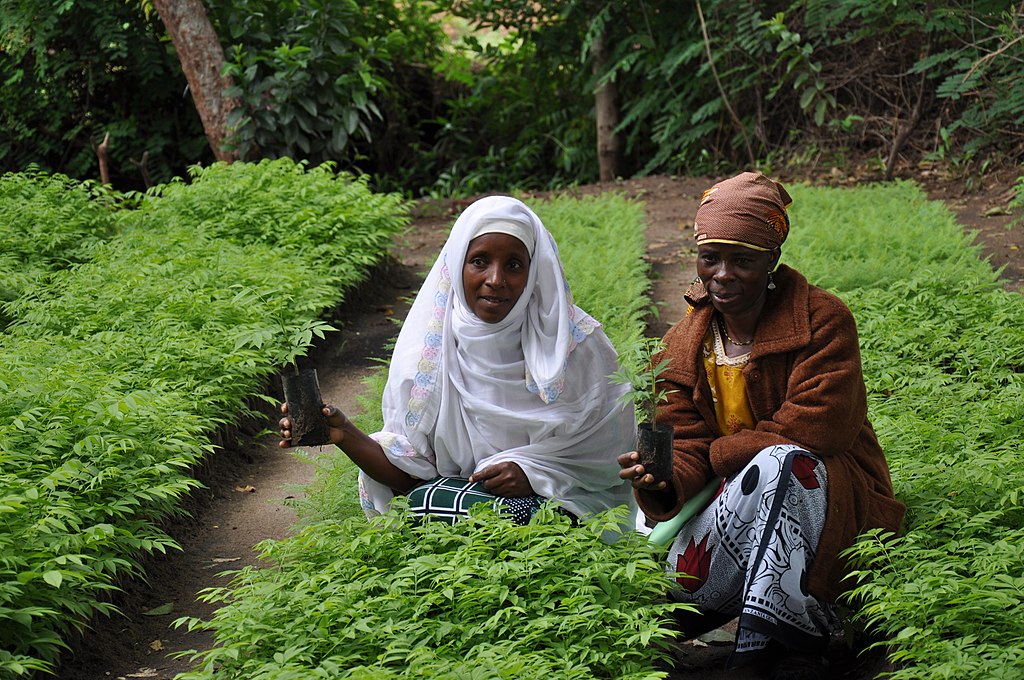
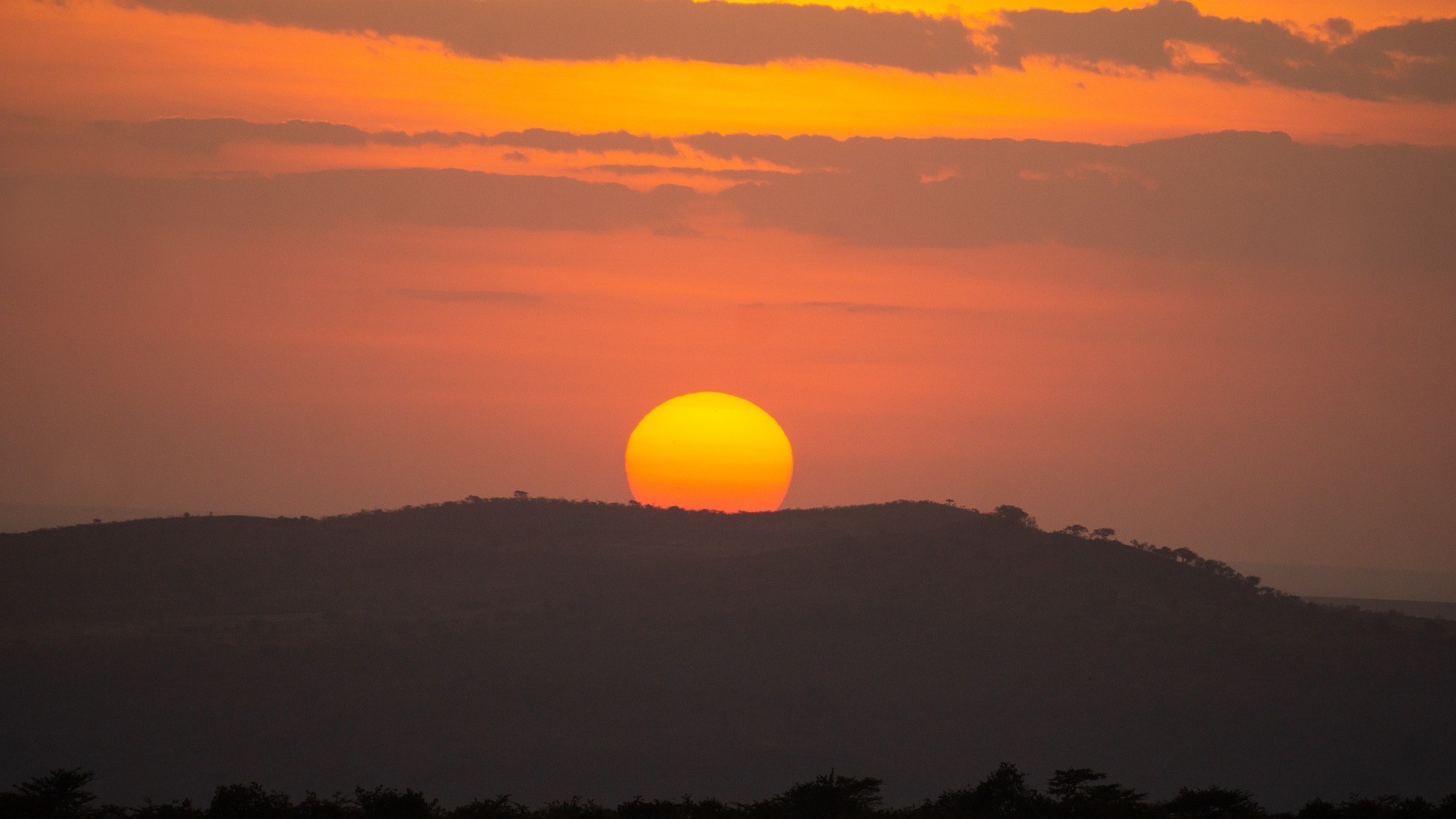
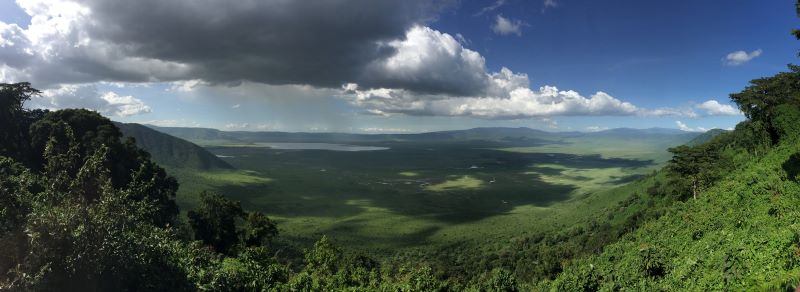



Rate and Review
Rate this article
Review this article
Log into OpenLearn to leave reviews and join in the conversation.
Article reviews